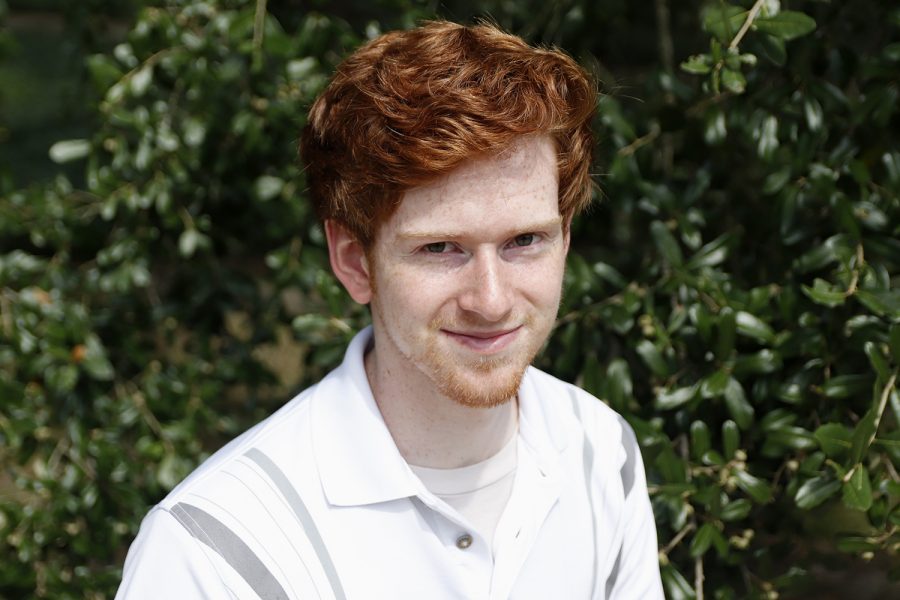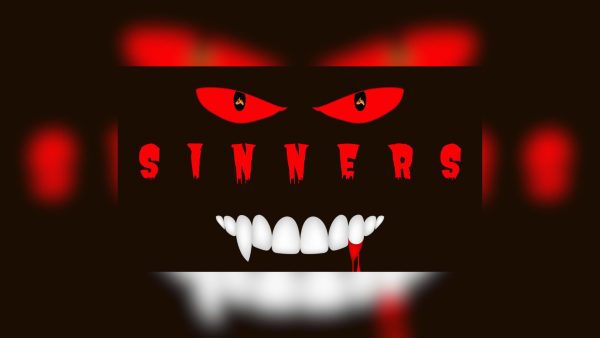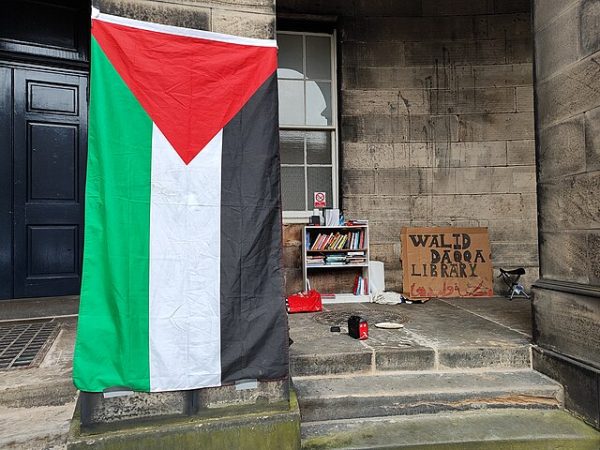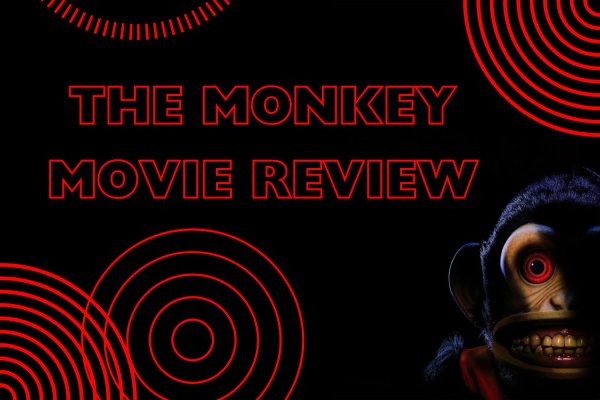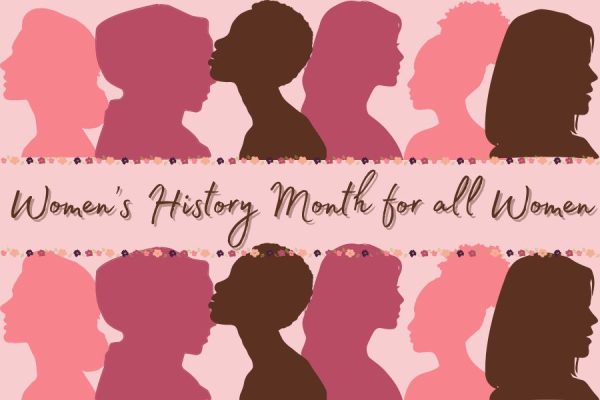The Harlem Renaissance and how jazz became the highlight of the era
A combination of new souls and a new city created one of the most recognizable and celebratory genres of music – jazz.
The Harlem Renaissance was defined by the light at the end of the tunnel that black Americans saw during the early 20th century. Jim Crow laws forced former slaves from the rural South to the northern urban areas, a movement known as the Great Migration.
Despite the continuous discrimination, limited opportunity and adjusting to the city culture, black American migrants decided to create several forms of art, which sparked the Harlem Renaissance. Of those contributions, jazz is the most prominent piece of the Harlem puzzle because of the cultural context in which it was produced and its relevance in the modern world.
During the ‘20s, artists such as Duke Ellington and Billie Holiday started to emerge onto the jazz scene. Along with several others, these artists became popular between both black and white audiences due to the innovative sound of jazz.
After listening to a couple of songs by these Harlem artists, I noticed that none of them talked about the struggles of racism or blamed white people for their pain. Instead, their topics focused mostly on religion and love. This is fascinating to me, seeing that most contemporary artists write songs that complain about a bad relationship and other issues in their lives.
The pioneers of the jazz genre did not focus on strife to create some of their greatest works. Instead, the majority of them took this migratory situation into their own hands and created another cultural aspect imperative to black Americans.
Just to clarify, I do not think that singing about a break up makes a song bad. I am only recognizing that the artists during the Harlem Renaissance took a different route to express themselves and their culture musically.
Another reason that jazz was the most important contribution from this time period is that it retains the most prevalence to a modern audience. Nowadays, people who read 1920s literature are most likely students reading for English class. Although the writings of that time definitely impacted the future of literature and poetry, jazz is a more significant contribution because it was an entirely new creation.
Music is used for every contemporary setting you could think of: for weddings, birthday parties, driving, tailgaiting and funerals. I cannot think of a single day that I have lived without hearing music. Jazz has left its mark in the contemporary setting because it is still a widely performed genre and because once the Harlem Renaissance came to an end, ‘20s jazz created a ripple effect in the music industry, creating new variations of jazz.
Just about every college music program has a jazz band, and I think that the reason this genre appeals to people is because jazz can have weird time signatures and quick tempos that give a sporadic-sounding, fast-paced rhythm to the piece. For the performers of jazz, improvisational solos within a piece means that no two performances will sound the same. Each piece retains its identity wile allowing the performer to customize the solo to their liking. This gives a free-spirited tone to the sound, something that the jazz artists from the ‘20s laid the groundwork for.
And ever since the renaissance, jazz has so many subgenres that seemingly every genre of music was influenced in one way or another. Genres such as funk, R&B, bluegrass and rock all share roots in the Harlem Renaissance.
From music junkies who wish to explore a new genre of music to the history buffs who want to know more about black America during the 1920s, Harlem jazz is an entertaining and informative music genre that has influenced modern artists and audiences in one way or another.
Your donation will support The Lion's Roar student journalists at Southeastern Louisiana University.
In addition, your contribution will allow us to cover our annual website hosting costs.
No gift is too small.

Jacob Summerville, a history and political science major, has worked at The Lion's Roar since September 2017. A native of Greenwell Springs, LA, Jacob...


